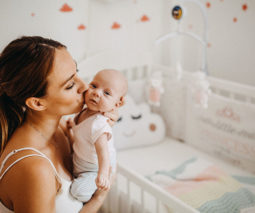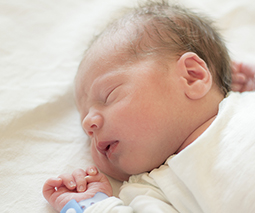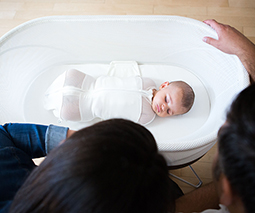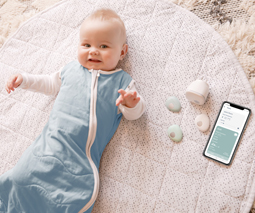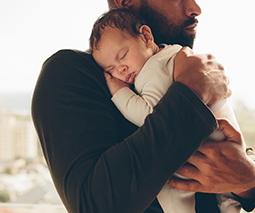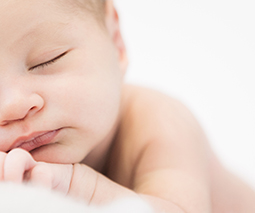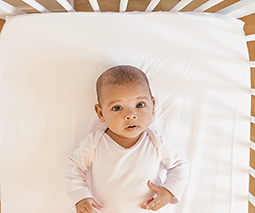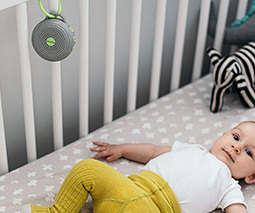New study sheds light on why some babies are better sleepers than others
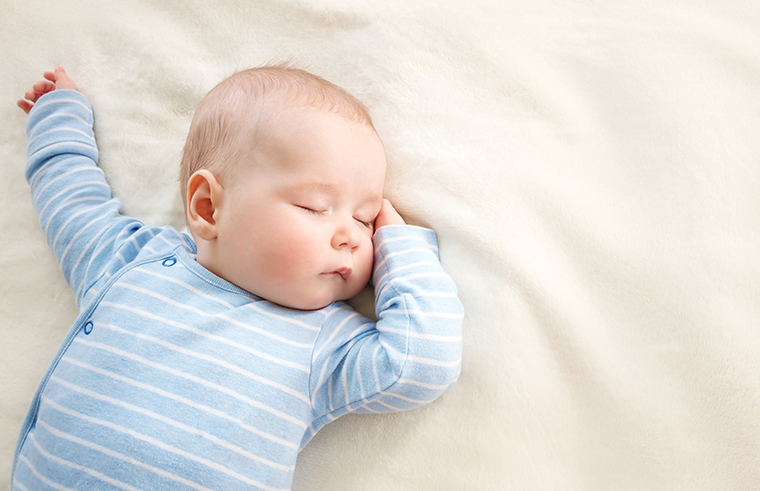
There’s nothing quite like being the mother of a baby who doesn’t sleep. The hours that are spent jiggling, rocking, pacing, walking, shushing, bum-patting … praying that your bub finally gives in to sleep – you wouldn’t want to count them!
And, amazingly, everyone else’s children seem to sleep so easily. What on earth is with that?!
Well, as of today, new mothers finally have official permission to stop blaming themselves and start looking after themselves.
Mum’s wellbeing during pregnancy is paramount
A new research study of over 1,460 pregnant women completed by the Murdoch Children’s Research Institute, sheds light on why some babies are better sleepers than others.
The results of the national study, led by Dr Fallon Cook, found babies with mothers who had poor mental and physical health during pregnancy are more likely to have severe sleep problems. With this information in mind, the wellbeing of women during pregnancy is even more paramount.
It’s common knowledge that anxiety, depression, stress and family violence all lead to poorer infant health outcomes – but there is now increasing evidence that these prenatal health factors continue to affect the sleep quality of babies once they are earthside.
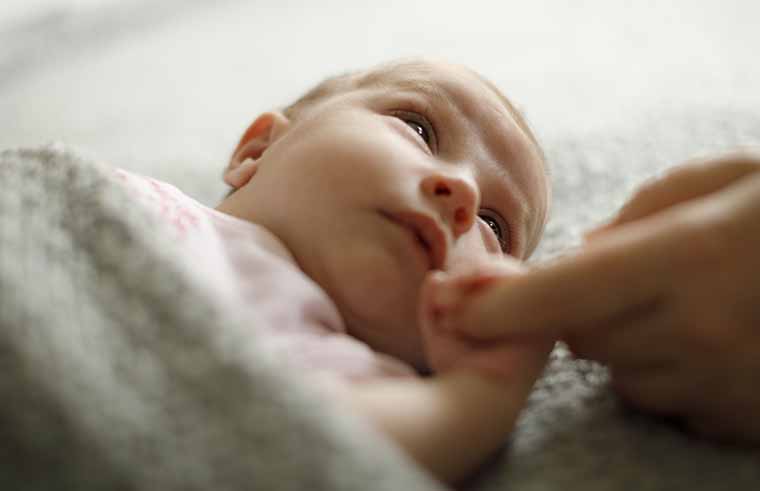
Predisposed to restless sleep
The research suggests that some babies might even be predisposed to relentless sleep resistance even before they are born. So they’re against the whole sleeping business before they’re even out of the womb!
Additionally, researchers found that sleep difficulties are very common in the first year – with a whopping 60 percent of mums reporting mild sleep issues for their babies. Twenty percent of these mums found that the poor sleep quality to be both persistent and severe in that first year of their baby earthside.
“These mothers were more likely to have poorer mental and physical health during pregnancy in comparison to mothers of infants with no sleep problems,” Dr Cook says.
“Parenting an infant who isn’t sleeping well is extremely hard. It’s important that parents seek help from their GP or child health nurse if feeling depressed, anxious or exhausted, and reach out to family, friends, and local parenting groups for additional support.
“Identifying and supporting mothers with poor mental and physical health during pregnancy is crucial. These mothers may benefit from more intensive support once the child is born.”
Nothing to do with parenting style
So as it turns out, baby sleep trouble may have more to do with the wellbeing of the mother during pregnancy than with her parenting style.
Now, instead of taking on board this new research as another way to blame women for their own baby’s sleep troubles, let us take a different view. Let’s use this information as a means of further prioritising self-care during pregnancy, and making sure that the mental and physical wellbeing of women during pregnancy is at the forefront in our minds.
Those gentle beachside walks, massages and coffee dates with friends aren’t done in vain. Instead, they’re protective measures for women during pregnancy, and their health benefits extend far and wide – beyond pregnancy and right into sleep time for new little darlings.
Win-win!
 Need some more baby sleep advice? Our Parent School sleep experts can help. Click to find out more or book a one-on-one session.
Need some more baby sleep advice? Our Parent School sleep experts can help. Click to find out more or book a one-on-one session.
